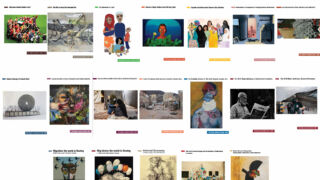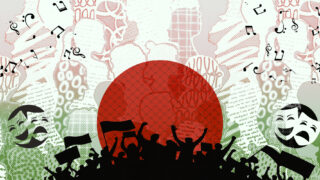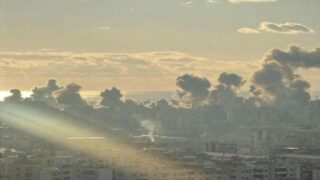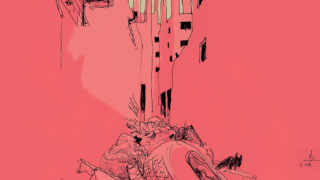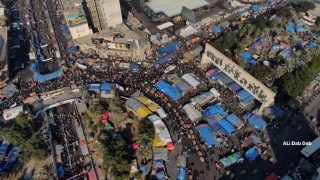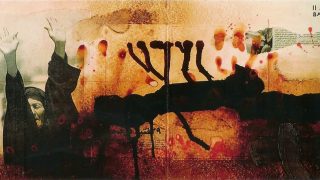Violence is no longer confined to the streets and social media web sites. Neither are Bombs and gunpowder limited to the open fronts in the countries of the Arab revolutions: Violence is also squeezing into texts, writings, and particularly poetry. Thus, poetry has been pushed to the realm of violence and has become part of its general scenery. The Lebanese civil war forced Lebanese poet Abbas Beydoun to hang his pen for seven years. War’s mayhem and madness makes poetry tense, reckless and devoid of meditation. Poetry, however, breaks the rules and issues pertaining to its writing are not taken for granted. Iraqi poet Muhammad Madhloum, for instance, wrote poetry while driving a tank during the Iraq-Iran war, likening his life to a widow. But if writing does not cease with violence and war, it shouldn’t aspire to identify or keep up with them, but rather to condemn them. But a young Syrian man comes out of the ashes to write on New Year’s Eve: “I shall give you an explosive belt” and his lover gives him “an explosion in the Somariya garage or in the southern district. Meanwhile, God gives both of them “a blind mortar shell.” This kind of poetry is by no means the exception; it is regularly written nowadays.
English
Poetry as a commodity
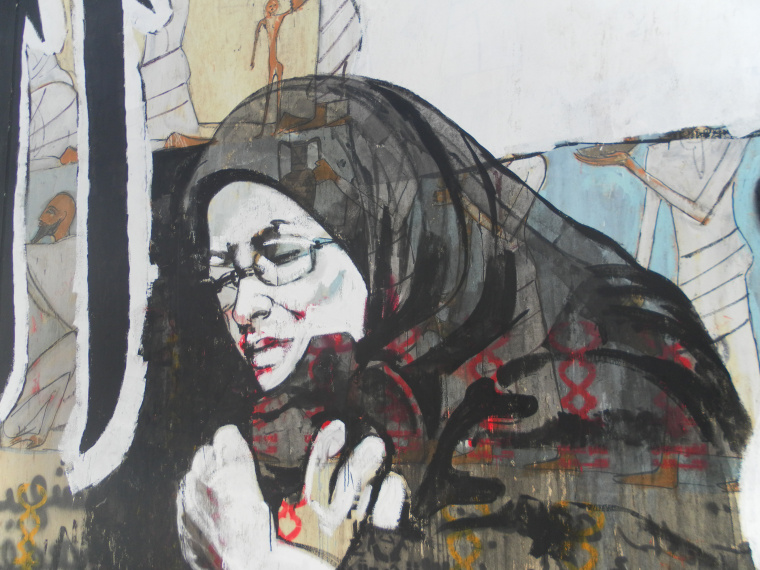
Articles from Arab World
Our Anxious Questions
We constantly ask ourselves: Are we being useful? Are we having any impact, even slightly? Have we done everything we could?
Culture in a Time of Shrinking Political Space
In this folder, we attempt to trace how culture interacts with the shrinking political sphere, avoiding generalizations or seeking necessarily "inspiring" models. Some texts illuminate how culture can create alternative...
Families returning home to bombarded areas face new health risks from war debris
People returning to places like Fallujah or Gaza work hard to rebuild their homes, clearing debris and doing rapid construction, forced to expose themselves to harmful materials that enter their...
From the same author
Informal Settlements in Baghdad: Home Is Everywhere
Informal settlements in Baghdad did not develop in one specific form. Some were built on plots of land without title deeds; 98% of which are state-owned and 2% are private...
Iraq’s October Protests: A Political Constant and Social Transformation
As soon as the protests took off, thousands of young people gathered in Tahrir Square in Baghdad, echoing countless concerns and questions. The desperate, the unemployed, the infuriated with families...
Maps of Deprivation and Dissolution in Iraq
In 2011, the Ministry of Planning released a report entitled “Maps of Deprivation in Iraq”; in it, the Iraqi population was divided into a different groups depending on their relationship...

